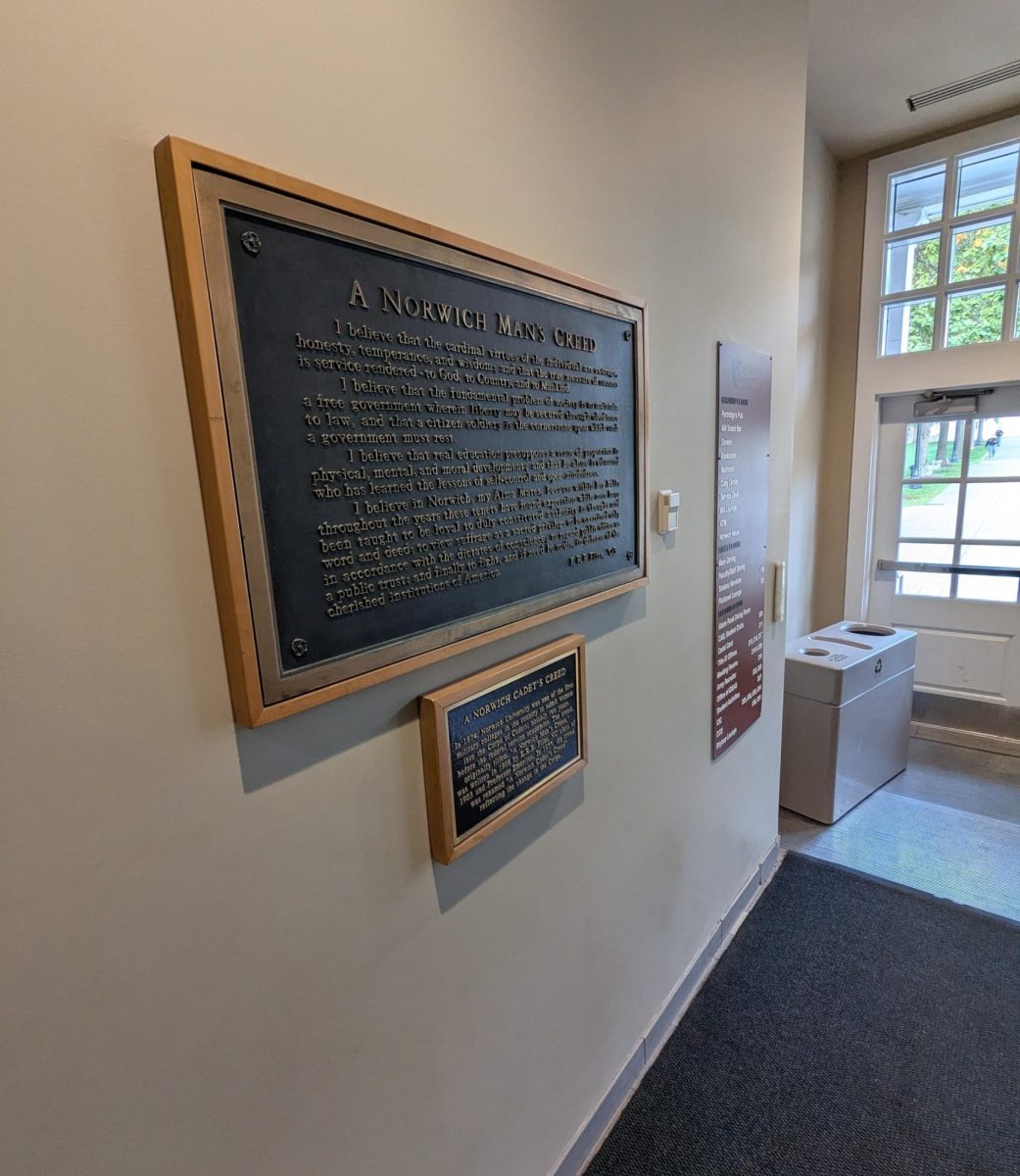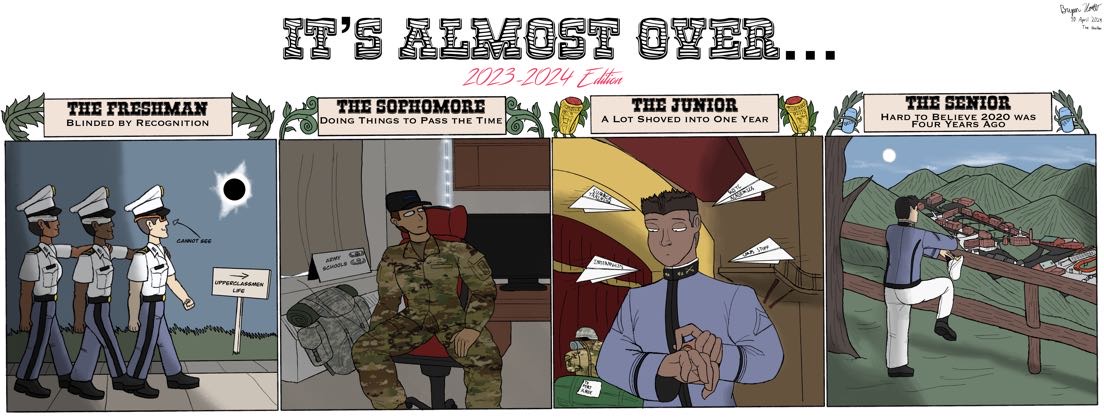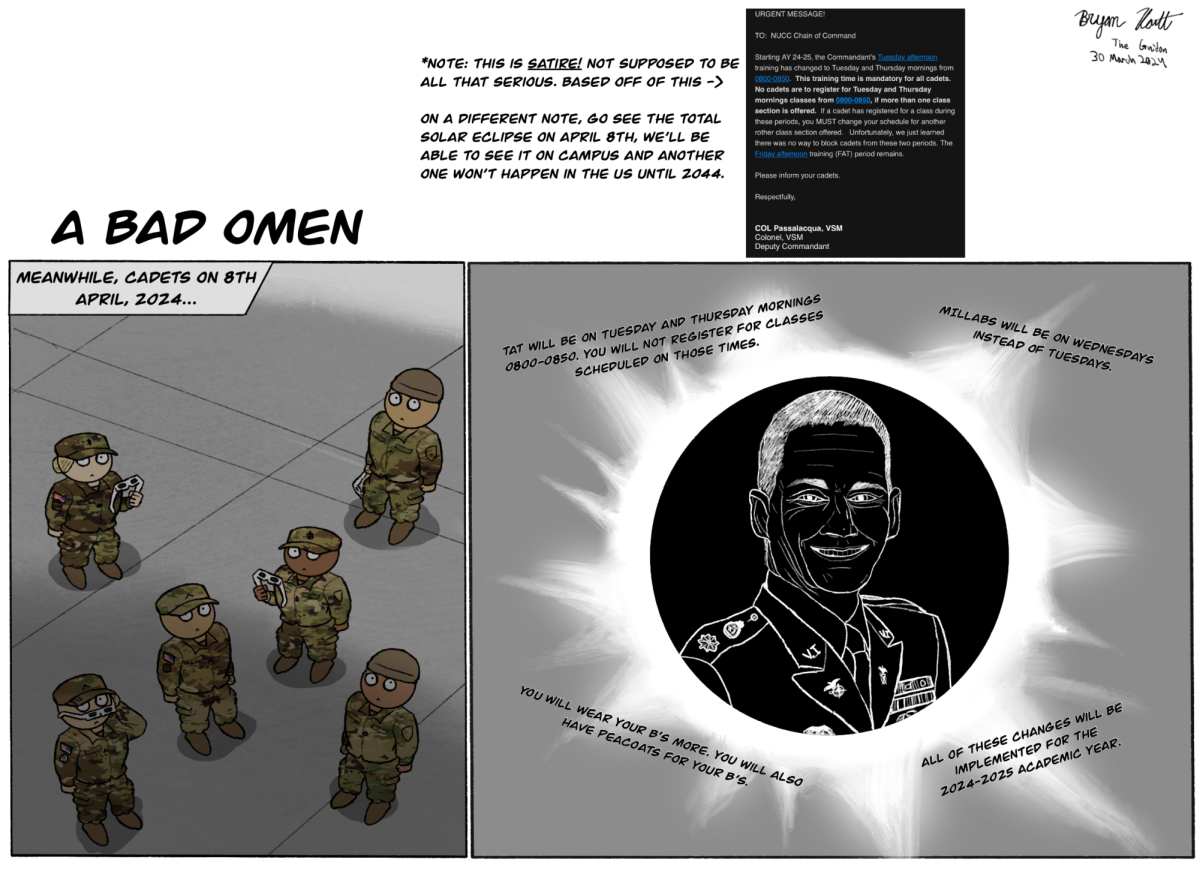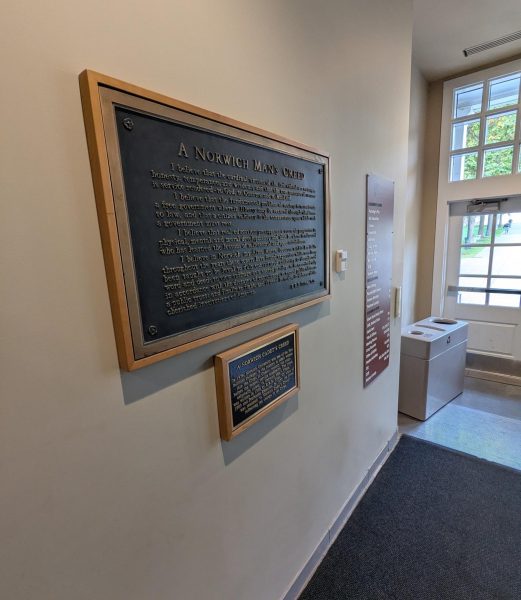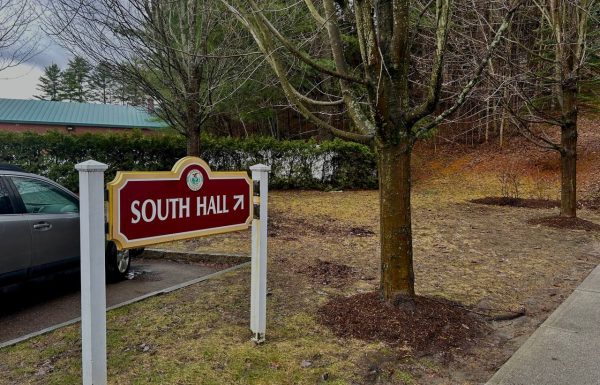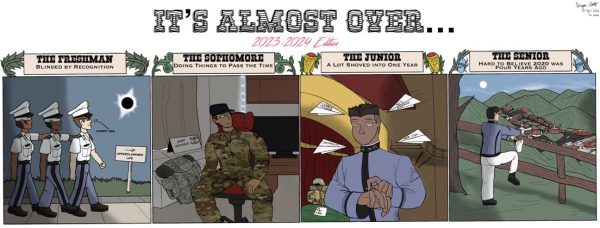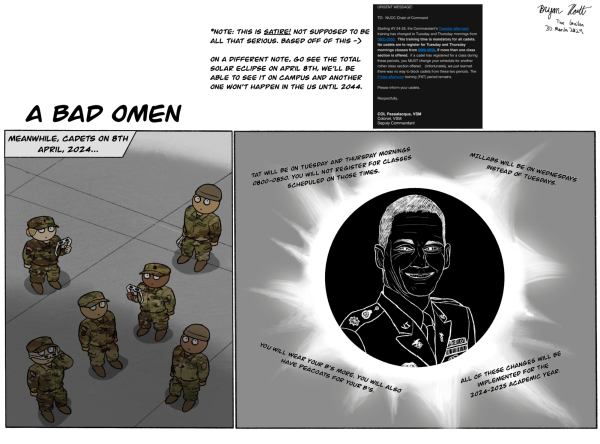Explaining the Student Bill of Rights
(Disclaimer: Matthew Kolb is a member of the Student Government Association and is the primary author of the Student Bill of Rights. As a member of The Guidon, he does not cover Student Government or their activities.)
Earlier this year, the Faculty Senate and the Student Senate approved establishing a Student Bill of Rights (SBR). The original idea was developed last semester, with Student Senators and Faculty working jointly to draft the measure.
After initial passage in the Student Senate last year, the Faculty Senate spent two meetings reviewing the legislation. Eventually, the Faculty Senate passed the bill without opposition, sending it back to the Student Senate.
A final favorable vote from the Student Senate sealed the deal, firmly establishing a Student Bill of Rights for Norwich University.
So, what exactly is included in the SBR? And how does it impact students? The entire SBR is available at the end of this analysis, but a short review is offered here.
Firstly, the SBR levels the playing field between students and Faculty. Through establishing firm Rights that students are entitled to, the SBR provides expectations for Faculty to follow. Just as the syllabus sets expectations for students, the SBR ensures that students have expectations for Faculty.
Secondly, the SBR codifies existing Rights and ensures students know their Rights. For instance, Students have a pre-existing Right to challenge assignments or course grades. The SBR provides the process in simplistic language so additional Students can avail themselves of the policy.
Another example is that Students have a right to receive academic support. Academic support comes from Instructors, Academic Advisors, and Centers on campus, ensuring a holistic approach to student success.
Thirdly, the SBR provides new protections for students. The SBR requires that students be informed about syllabus changes – such as office hours, grading standards, or due dates. Students are also reminded of their right to report Title IX or Title XI violations.
Furthermore, the SBR ensures students have the right to bring complaints about Instructors or Advisors to higher levels of the University. No Student should be forced to suffer in silence without having an opportunity to speak with someone.
Finally, the SBR is fundamentally pro-student and advances the Rights given to students at Norwich University. Instructors and Advisors are now required to respond to students within 72 hours, with limited exceptions. This requirement ensures that students receive responses and are equipped to succeed.
Instructors are also required to provide a grading standard, ensuring that students know the expectations of an assignment. And Instructors are required to place their grades in an online learning system such as Nuoddle. This shift ensures students are aware of their grades in classes.
The hope is that the SBR will be placed within the syllabi for each class next semester, potentially attached to Nuoddle, and with the possibility of informational marketing from the student government. As stated earlier, the entire measure is posted below. Additional ideas or suggestions are welcomed and can be directed to members of the Student Government.
Student Bill of Rights.
Preamble: The purpose of education is to create well-rounded individuals capable of thriving in our 21st-century society and providing students with the necessary attributes to achieve just that: honesty, respect, maturity, leadership, hard work, and a willingness to go above and beyond. These traits are curated within the educational environment, and it is imperative Norwich University provides an equitable learning environment for all students. A Student Bill of Rights achieves that by ensuring students are provided with the tools to succeed. Respect is the building block of any successful professional relationship, and just as students ought to respect their Instructor(s), students deserve nothing less than the same in return. With respect comes expectations, and students at Norwich are held to a high standard – as we should be – and it is only fair that faculty are also held to a standard. However, just like the expectations Faculty have for students must be reasonable, likewise, a student must also have reasonable expectations for Faculty; after all, we are imperfect beings, and expecting perfection only ensures problems. Therefore, the Student Government of Norwich University calls for these rights to be granted to all students at Norwich University and for these rights to be placed on the syllabus of every course to ensure students have access to the complete list of rights.
- To have access to their current cumulative grade through an online learning system such as Nuoddle, with all graded assignments placed in an online learning system and the weighted standards the same in the grade book as listed in the syllabus.
- To be provided with a grading standard to understand the expectations of an assignment and to be provided with feedback on assignments to understand why they earned a specific grade.
- To be immediately informed of changes in the syllabus, to include but not be limited to class schedule (meaning when readings are due and when topics are covered), office hours, due dates for assignments, and grading standards and policies
- To challenge an assignment grade and/or final class grade by discussing the matter with the Professor(s) via the process laid out according to the University Grievance and Academic Standing policies. For challenging an assignment grade, a student can discuss the matter with the Instructor(s); should a mutually agreed solution not be reached, a written appeal can be filed to the next-level supervisor of the instructor(s). The student can continue this process if a mutually agreeable solution has not been reached, but will end with the Provost, who will provide a response and a solution. For challenging a final class grade, the process is the same, except that the initial appeal must be a written request from the student to the Instructor(s).
- To receive academic support from Instructor(s), Advisor(s), and student services. Examples include assistance from the Writing Center; consultation with CASA; tutoring services; meeting with the Career and Internship Center; an Advisor advising opportunities or guidance about class schedules; or an Instructor meeting with a student during office hours, reviewing assignments prior to submitting, or helping the student achieve better academic performance.
- To report problems and grievances against the Instructor(s) or Advisor(s) to the Chair of the Department upon which the Instructor or Advisor works under. It is recommended a student first – if possible – attempt to resolve the matter with the Instructor or Advisor prior to raising it to the level of the Chair of the Department.
- To file complaints against either the Instructor(s), Advisor(s), or fellow students on any form of harassment or discrimination, including but not limited to incidents which violate Title VI or Title IX.
- To receive an email or phone response from the Instructor(s) or Advisor(s) within 72 hours unless over a break, over a weekend, or when the Professor is tending to personal matters.
Your donation will support the student journalists of Norwich University. Your contribution will allow us to purchase equipment and cover our annual website hosting costs.

Mathew Kolb is a student reporter for The Guidon.
Graduating in December 2023 with studies in War and Peace, Mathew is also a member of the CGRS Student...










